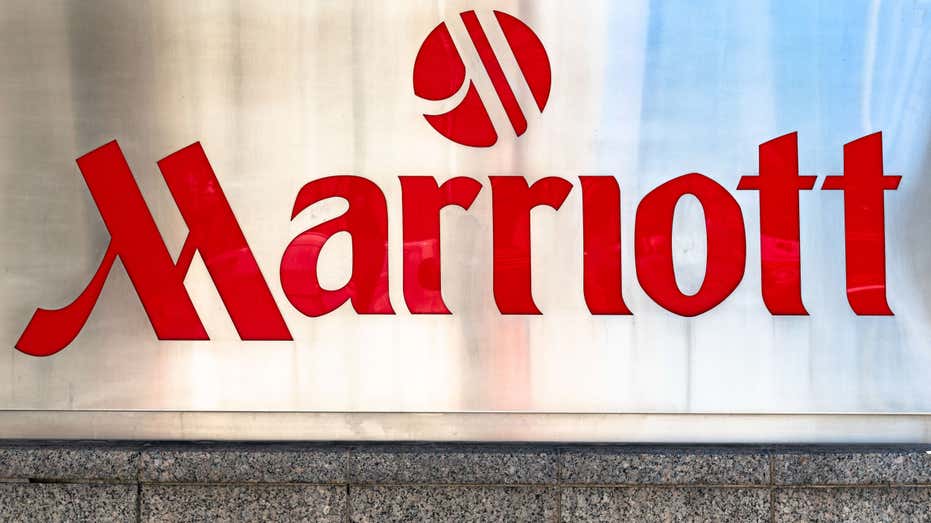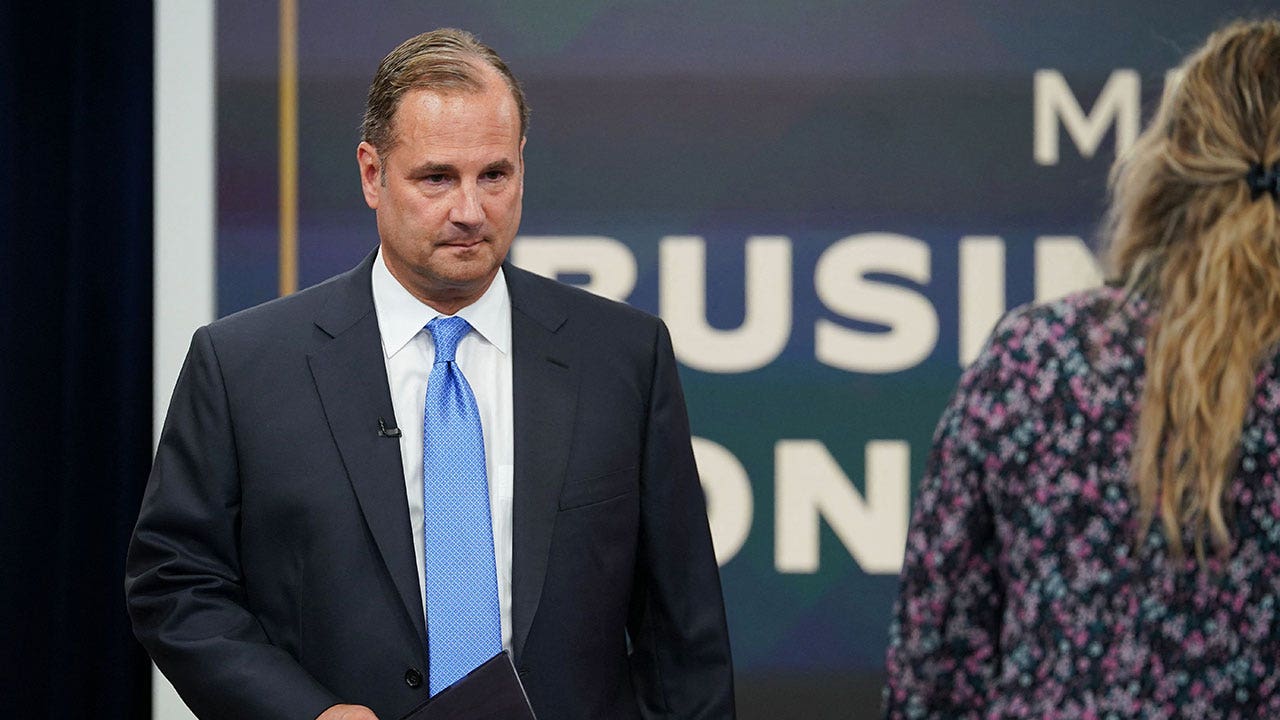Marriott International CEO Anthony Capuano shared some insight on budget travelers during a Monday appearance on “The Claman Countdown.”
He told host Liz Claman that Marriott International’s lower-income consumers “continue to prioritize travel, but they want to do it at a more thrifty price point,” citing spending data the company has through its credit card relationships.
That has driven Marriott International to “push so strongly over the last two years into the mid-scale segment, which is a segment that historically we did not operate in,” according to Capuano.
He said it started with the company’s acquisition of City Express. The company acquired the City Express brand portfolio from Hoteles City Express, S.A.B. de C.V. in 2022 for $100 million.

“We also organically developed an extended-stay mid-scale product called StudioRes,” he noted to Claman.
Marriott’s first StudioRes opened on Monday in Fort Myers, Florida. The extended-stay hotel “offers studio-style rooms complete with one or two beds, a lounging area, and a kitchen with a stovetop microwave, and full-sized refrigerator,” according to a press release.
Asked about what makes it different from Marriott’s other brands, Capuano told Claman it “starts with the price point.”
MARRIOTT CEO SAYS ‘THE RIGHT THING’ ABOUT DEI, GETS 40,000 EMAILS IN RESPONSE
“It starts with much more modest services,” he added. “These are folks that could be on a temporary assignment, maybe a construction project or a consulting assignment. They could be digital nomads.”
He said “that product at that price point is really resonating with more cost-conscious consumers.”
Capuano also touted the “breadth” of Marriott’s portfolio, saying the company can “offer the right accommodation for every trip purpose, which often varies irrespective of income.”
Marriott’s brands include the Ritz-Carlton, St. Regis, Sheraton, Courtyard, Westin, Moxy and others.
The company generated $6.26 billion in revenue during the first quarter. Its net income, meanwhile, came in at $665 million.
